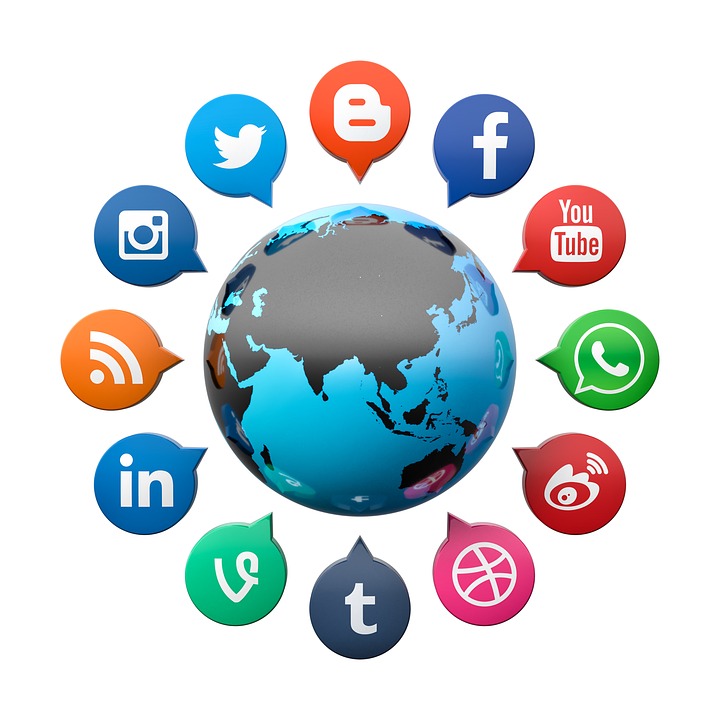Week in Review
3 August 2018

YOUR SOCIAL NETWORK MIGHT BE SHADOWBANNING YOU. Social networks have been accused of shadowbanning users whose content is deemed unappealing. They do this by reducing the ability for others to see the content the targeted users post. The targeted often cannot tell they have been targeted besides a potential drop in likes or follows. President Donald Trump has publicized this in a tweet recently; highlighting the affects large social media companies play in determining what political ideology is favoured online.
SELF-DETERMINATION IN THE PHILIPPINES. President Duterte has promised autonomy for the region of Mindanao, but it has come at some cost. A few days ago a lethal bombing evinced the slow pace at which the government has moved to give autonomy away. The main rebel group, Moro Islamic Liberation Front, is growing tired. While it promised to drop its demand for independence with greater autonomy, it apparently wants that autonomy now. Yet, there are complications with the Philippine’s constitution that make autonomy difficult due to the unitary governmental structure. Duterte will have to act quickly and decisively to prevent further chaos.
PLAYING WITH THE MEKONG. Southeast Asia’s main source of water, the Mekong Delta, is rapidly being manipulated with hydro-electric dams, changing its behaviour downstream. Unfortunately, many who depend on it do not realize this. Recently, a Laos dam broke, flooding downstream communities. Many, uninformed, believed this was a natural disaster, but either way, it ended in destroying their year’s yield of crops. This eludes to a larger set of issues. The adjustments to the Mekong have consequences at the geopolitical level, from climate change, and on the economies of regional states.
DIFFERENT PRESIDENT, SAME RESULTS. Many in Zimbabwe believed that with a new President the election this week would give more power to the electorate rather than being a complete farce. They were wrong. After the incumbent party, ZANU-PF, won a comfortable majority, the opposition called them out for rigging the election. The public was quick to the go to the streets in anger. President Mnangagwa called the protesters “bandits”, unremorseful when asked about the use of live ammunition on them. The European Union’s observation of the election called it an “improved political climate, inclusive participation rights and a peaceful vote,” but also an “unlevel playing field, intimidation of voters and lack of trust in the process undermined the pre-election environment”.
CHALLENGES TO PRESIDENT POOH. China’s President, Xi Jinping, has consolidated power to become the most powerful Chinese President since Mao Zedong. That has not eliminated dissenters. Xu Zhangrum, a professor at Tsinghua University, wrote an essay lashing out at Xi’s dictator-like behaviour. He urged lawmakers to reverse the vote abolishing term-limits to presidents. He also argues for allowing more open intellectual thought and debate, which former President Deng had allowed in his reforms. Many scholars hold similar beliefs to Mr. Zhangrum, but will not dare publicize them. This is part of a trend pushing back against Xi’s seemingly absolute power over the Communist Party.
WITHDRAWING FROM THE FIGHT AGAINST TERRORISM? Secretary of Defence, James Mattis, declared in January that the United States will be shifting its fight from terrorism to great power competition. This is not an abandonment, but shift of focus and interest. The United States believes that African militaries are becoming better equipped to fight Islamist groups by themselves. This may also stem from the four American soldiers being killed in Niger last year. The U.S. sees no immediate threat to national security like they did in the Middle East. A rising Russia and China also complicate the situation.
BELGIUM SUPPRESSING FREEDOM OF PRESS. Journalists covering E.U. meetings in Brussels are now required to pay 50 Euros for a background check that lasts six months. While the price is not absurd, the principle is and the journalists feel the same way. Tom Weingaertner, president of the International Press Association, called it “unprecedented and completely unacceptable”. This is rooted out of a public system in Belgium that many believe is wasteful, dysfunctional, and unproductive. Several journalist associations’ are protesting the policy.